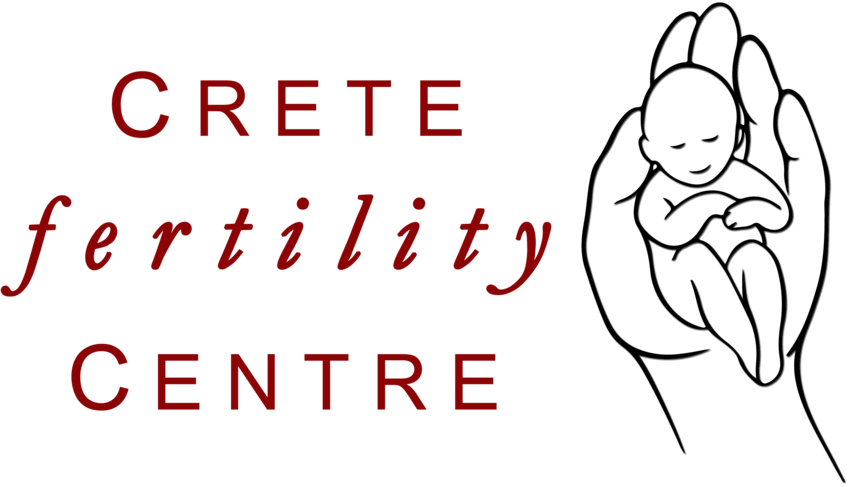How exosome treatment boosts female fertility

Experiencing infertility can be both an emotional and physical challenge, affecting countless women around the world. For many, this struggle becomes even more profound during the transition to menopause, when hormonal changes and the natural decline of ovarian function add another layer of complexity.
Traditional treatments such as hormone therapy, surgery, and in-vitro fertilization (IVF) have been the main options for decades. Today, however, advances in regenerative medicine are introducing a new and promising approach: exosome treatment.
Below is an overview of how exosome treatment is transforming the field of fertility care and why this treatment along with ovarian rejuvenation represent a source of renewed hope for women navigating menopause.
What we know about exosomes
Exosomes are microscopic vesicles naturally released by cells. Acting as the body’s communication network, they transport essential molecules such as proteins, lipids, and RNA to help repair damage, regulate inflammation, and maintain cellular balance. Their ability to support healing and regeneration has made them a key focus in modern regenerative medicine.
When it comes to reproductive health, exosomes offer a minimally invasive option. Their capacity to restore cellular function and promote tissue repair makes them an innovative tool to address the effects of ovarian aging, hormonal changes, and uterine health—issues that often become more pressing during menopause.
How exosomes applied in fertility treatments
Exosome therapy addresses infertility at a cellular level, promoting repair and regeneration while supporting the body’s natural functions. For women in menopause, it offers the possibility of revitalizing reproductive tissues and restoring balance.
Key ways exosomes may help include:
- Repairing Ovarian Tissue: Supporting the regeneration of ovarian cells to potentially improve egg quality and quantity.
- Enhancing Uterine Health: Restoring and strengthening the endometrial lining to create a receptive environment for implantation.
- Reducing Inflammation: Chronic inflammation, often present in conditions like endometriosis, can be eased through exosome therapy.
- Balancing Hormones: Helping to regulate hormonal pathways and restore more regular ovulation cycles.
The treatment is typically performed using exosomes derived from either the patient’s own cells or donor cells, administered directly to targeted reproductive tissues. The procedure is non-surgical and designed to minimize risk while maximizing therapeutic benefits.
What clinical research in exosomes indicate
Though still an emerging field, early research and clinical studies have produced encouraging results:
- Improved Egg Quality: Evidence suggests exosomes may enhance egg maturation and boost fertilization rates.
- Endometrial Regeneration: Women with a thin uterine lining have shown improved implantation after exosome therapy.
- Potential to Slow Ovarian Aging: Preliminary findings indicate exosomes may help delay or even reverse some effects of ovarian aging, offering renewed possibilities for women approaching or in menopause.
While more studies are needed to confirm long-term effectiveness and safety, these results highlight the exciting potential of exosomes in fertility care.
Comparison between Exosome Treatment and traditional approaches
- Less Invasive: Unlike surgery or egg retrieval for IVF, exosome therapy requires no incisions.
- Fewer Side Effects: As a naturally derived therapy, exosomes pose a low risk of immune rejection or adverse reactions.
- Regenerative Focus: While conventional treatments often manage symptoms, exosomes aim to repair and rejuvenate reproductive tissues at the source.
- Potential Lasting Benefits: By supporting overall reproductive health, exosomes may offer more sustainable results.
Addressing the Emotional Journey
Infertility and menopause both carry a profound emotional weight. For many women, they bring feelings of loss, uncertainty, and a longing to preserve their sense of vitality. Exosome therapy is not only a medical advancement—it is a symbol of progress in how women’s health is understood and supported. It acknowledges that reproductive well-being is deeply connected to emotional health and aims to offer solutions that honor both.
Why Crete Fertility Centre is suitable for Exosome treatment
At the forefront of reproductive medicine, Crete Fertility Centre has become a global leader in advanced therapies, with already proven and published top results in ovarian rejuvenation. The clinic offers:
- World-Class Facilities: Equipped with state-of-the-art technology for safe and effective care.
- Experienced Specialists: Highly trained fertility experts, including Dr. Fraidakis Mattheos, with extensive experience in exosome therapy.
- Affordable Access: Competitive pricing for advanced treatments, making it an accessible option for women worldwide.
- Personalized Care: Tailored treatment plans with thorough consultations, diagnostics, and follow-up care.
A New Chapter in Women’s Reproductive Health
Exosome therapy represents more than a scientific breakthrough; it offers women—especially those navigating menopause—a renewed sense of hope. By targeting the underlying causes of infertility, supporting ovarian health, and repairing reproductive tissues, exosomes may help open the door to new possibilities during a stage of life often marked by transition.
At Crete Fertility Centre, the combination of scientific expertise and compassionate care provides women with a safe space to explore this innovative treatment and take the next step on their fertility journey.





